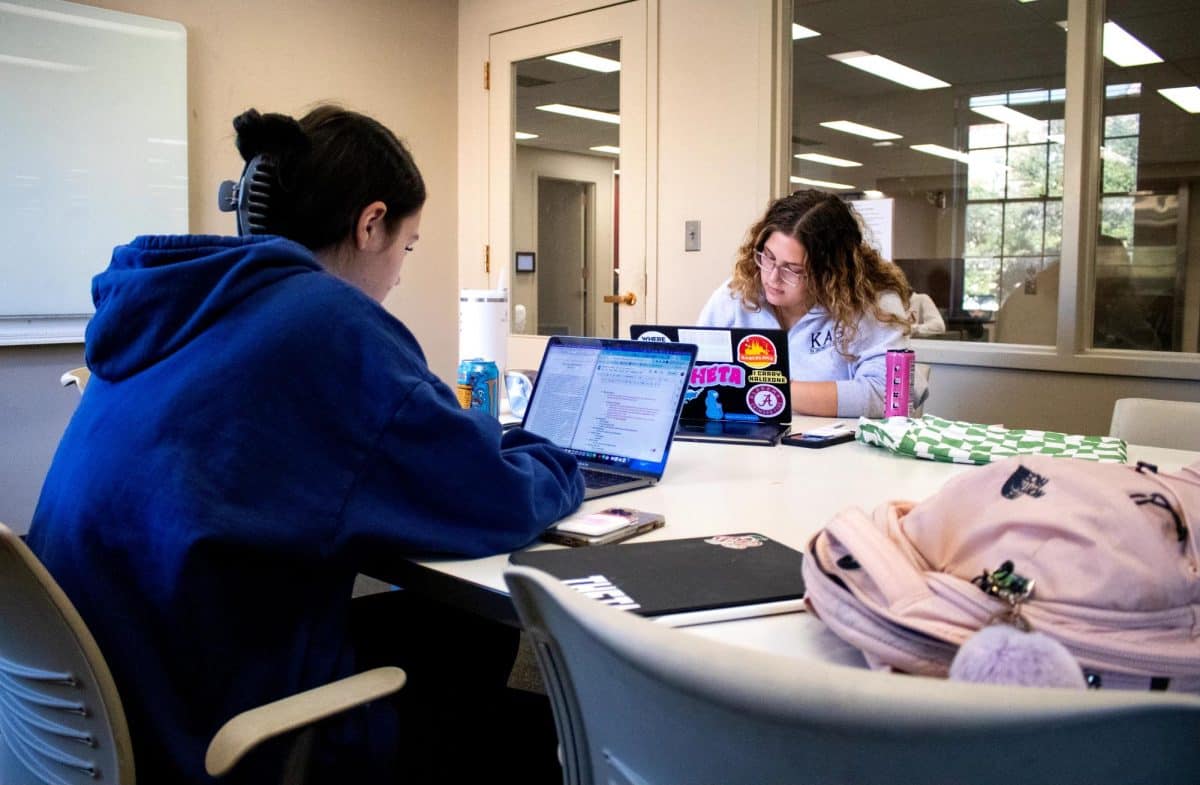I sit in a lecture hall, filling in bubbles, with a hundred other students around me. It’s the first exam of the semester. I do not know what to expect. I hope the test doesn’t have vague questions. I hope this small set of fifty multiple-choice questions reflects my understanding. I hope. I hope. I hope.
I find it absurd that my professors are getting six-digit salaries, only to pass out mostly standardized, electronically graded exams. I’d prefer that a human evaluate my competency in subject matter, not a series of answers provided for me, in which I choose the “best.” In life, rarely are we presented with a series of multiple-choice questions that we must blankly recall by elimination. But this doesn’t matter. I’m a student. I must “learn” first.
Let’s look at a university education from a different perspective. Simply put, tuition at a typical mid-tier university runs anywhere from $10,000 to $20,000 a semester. What we receive is roughly 16 hours of class time per semester. This means every week, we can expect to sit in a class for 16 hours. If we run the normal 16-week semester, this means we are spending about $1,000 weekly for this education we’ve purchased. For every hour in class, that equates to $60.
Now, what are we receiving? What we have access to in forking over $60 per hour of class time is a nice little PowerPoint put together by a professor who proceeds to speak about the slides. Nowadays, all of this material can be viewed online, for free. Along with these lectures come a series of exams — usually three or four throughout the semester. Some of these are machine graded, so we tax the university’s time even less. What a horrible deal! That’s not an education I’m paying for — it’s a system I’m paying to get into.
Let’s look at the effects of the system candidly. First and foremost, some professions simply do not require a university education. It takes 14 years to train a surgeon. Surgery, a lifesaving skill set that is always in demand, has no place in the university setting. Its practitioners should be trained in the hospital — this is only natural. Stop drawing out “education” for the sake of education. An adept surgeon can be trained in half the time if it weren’t for the leaps and hurdles set forth by universities.
Moreover, undergraduates are punished for thinking divergently. Let me clarify. Our education system rewards students who can arrive at the same answer as everyone else. In other words, it promotes a convergent way of thinking. The culprit here is the way we test our students. Every test has a given set of answers, and the student must arrive at this answer, just as everyone else. The path to progress, discoveries and breakthroughs cannot be made when students think in a convergent way — yet we teach them to do exactly this.
But how else would you evaluate a student? Ask them to build something, make something, write something or deliver a final project. Anything but a test! Students come to loathe subject matter when they are forced to cram for tests mechanically, forgetting the material in a matter of days.
I’ve been bred to be competitive in this system. In high school, I passed 10 AP exams and was named a “National Merit Scholar” — a distinction that provides a full-ride scholarship on the basis of a 90-minute exam your junior year of high school. My scores give me nothing besides a superficial sense of accomplishment. I’ve been raised to test — it is a learned skill, nothing else. Why, for 18 years, would you teach a student who wants to make a difference how to get the exact same answer as everyone else?
Because it’s easy. And quite honestly, I’m fed up with an educational system that is diluted, impractical and teaches us nothing but mechanical steps.
Tarif Haque is a freshman majoring in computer science.








